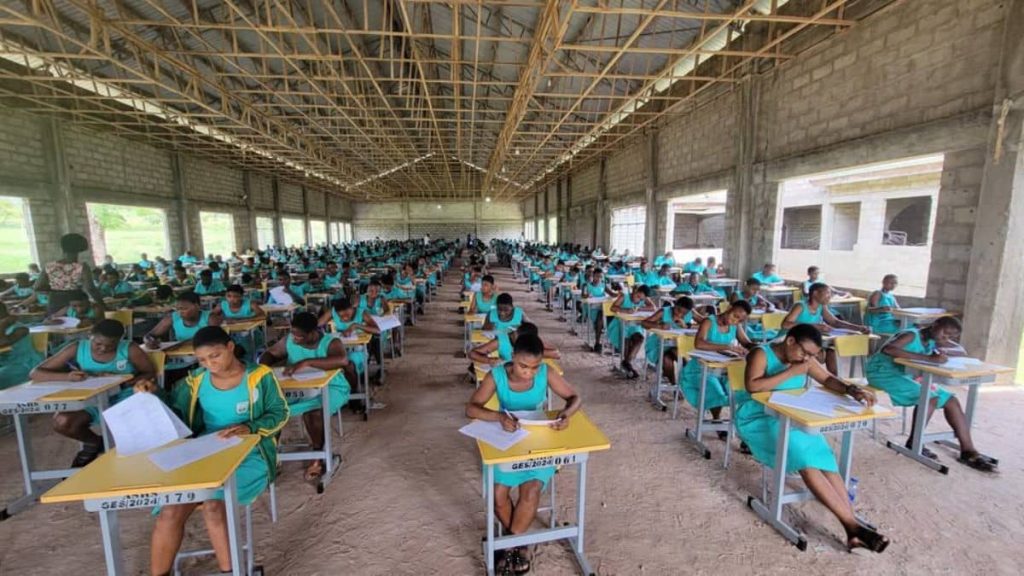WAEC urged to invest in pre-exam sensitization to end malpractice

The Institute for Education Studies (IFEST) has called on the West African Examinations Council (WAEC) to invest in pre-examination sensitization to clearly spell out the consequences of malpractice.
In a social media post sighted by Pretertiary.com, IFEST said a well-structured media sensitization campaign will deter examination malpractice, which remains one of the most pressing challenges undermining the credibility of education.
The Education Studies also said the media sensitization campaign is essential, not only to deter examination malpractice but also to foster a culture of honesty, hard work, and accountability among learners.
“To achieve greater impact, a media sensitization campaign on examination malpractice should begin with clear and compelling messaging.
The focus should be on educating students and the wider public about why malpractice is harmful, emphasizing how it destroys integrity, devalues certificates, and ultimately ruins the future of those involved.
The campaign should also highlight the punishments and consequences in simple and relatable language so that students fully understand what is at stake. Real-life testimonies from students who were caught in malpractice can be shared to make the message even more relatable and impactful,” IFEST said.
It added that “Equally important is the use of the right media mix to reach diverse audiences. On radio and television, jingles, interviews, and short drama skits in local languages can be broadcast to capture both students and parents.
Social media platforms should be leveraged through engaging infographics, short videos, and creative challenges that appeal to the youth. In addition, print media such as articles, posters, and flyers can be circulated in schools and examination centres to serve as constant reminders.
Finally, the timing and frequency of the campaign are crucial. Efforts should be intensified three to four months before examinations, with sustained reminders throughout the exam period.
Consistent repetition of the message across multiple platforms will help reinforce the campaign’s objectives and keep the dangers of malpractice fresh in the minds of students, parents, and educators.
This, in addition with other measures, can go a long way to help minimise the extent to which examination malpractices are gradually becoming a threat to our education system in Ghana.”
In other news, fourteen individuals, including teachers, students, and invigilators, have been arrested across the country for their alleged involvement in examination malpractice during the ongoing West African Senior School Certificate Examination (WASSCE).
Speaking at a press conference, the Head of Public Affairs at the WAEC, John Kapi, said the number is expected to rise as investigations continue, saying results from the affected schools will be subjected to thorough scrutiny.
The arrests were recorded at various centres, including Yeji Senior High School, Abbott College in Asante Bekwai, and Atwima Kwanwoma Presbyterian SHS.
Mr. John Kapi disclosed that the Adventist Day Senior High School centre in Kumasi was shut down after approximately 64 mobile phones were seized from candidates writing the 2025 WASSCE for School.
Candidates from that centre, the spokesperson said have since been relocated to West African Examinations Council (WAEC) regional office to complete their examination under strict supervision.



